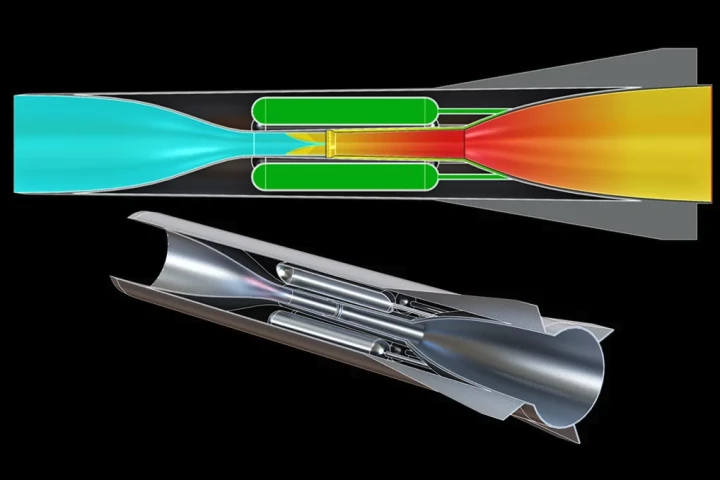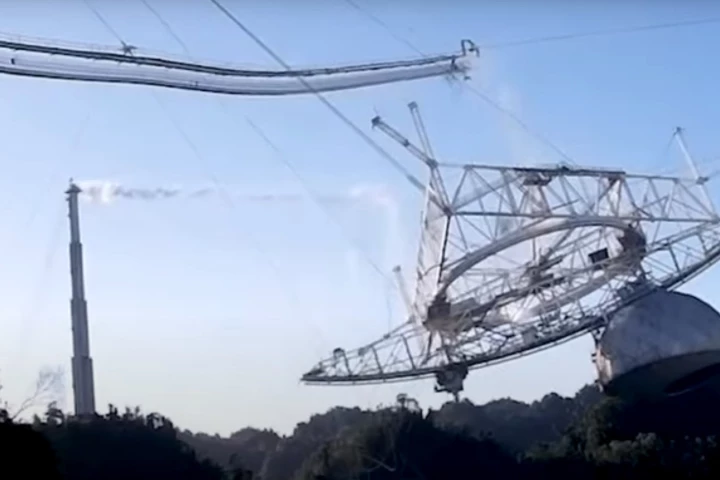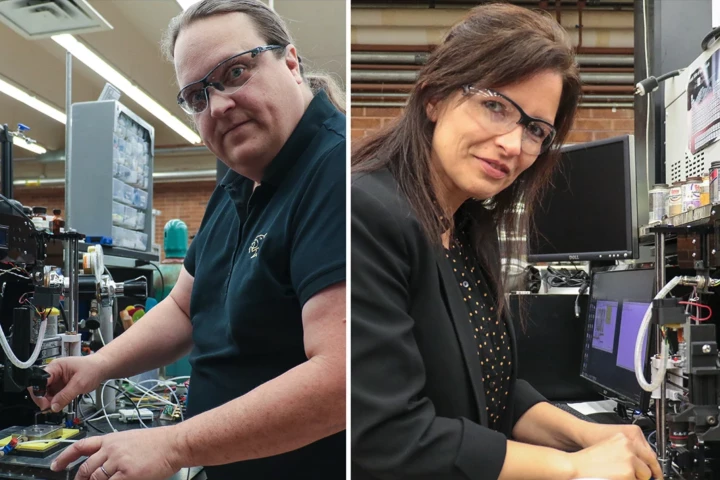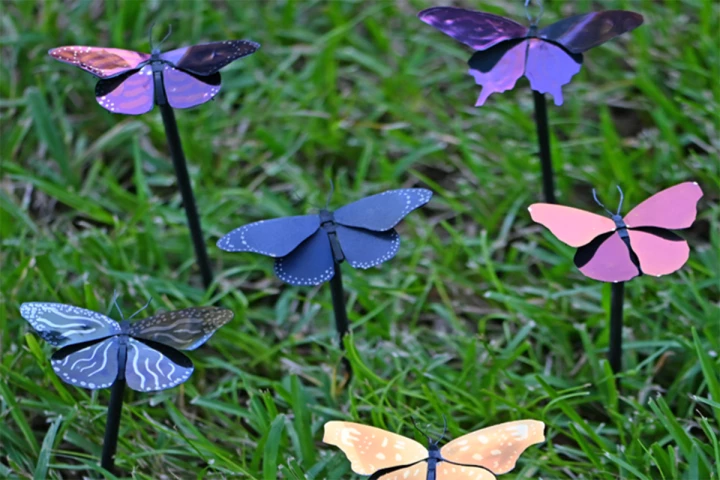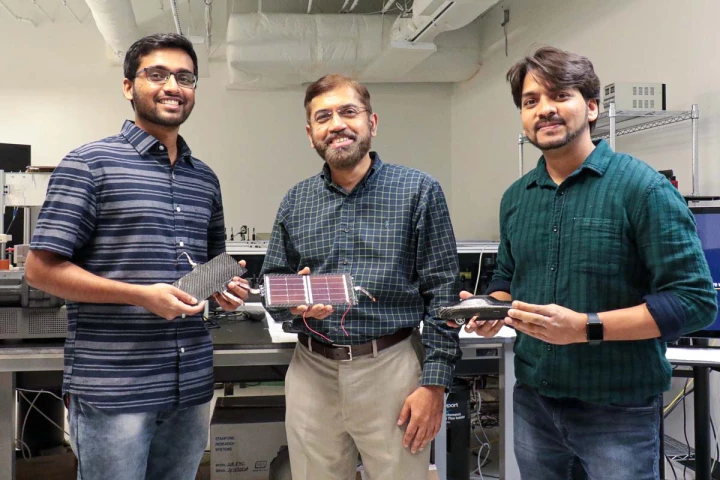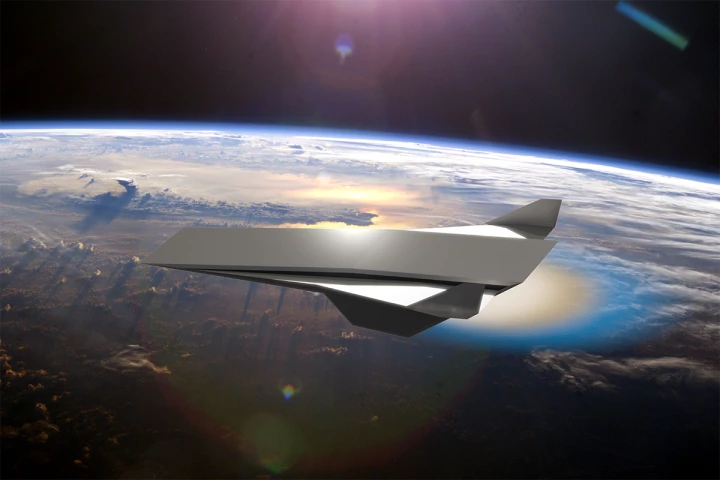University of Central Florida
-
The US Naval Research Laboratory has funded a groundbreaking project to develop a new hypersonic engine capable of morphing its shape during flight to optimize power, thrust and efficiency. It's now entering experimental testing in Florida.
-
Almost three years after the event, neutron scans by the Oak Ridge National Laboratory have uncovered the cause of the platform collapse that resulted in the destruction of the 1,000-ft (300-m) Arecibo Observatory radio telescope.
-
Methane has a greenhouse effect 80 times worse than carbon dioxide over a 20-year period, and emissions are skyrocketing even as we start reducing CO2. That makes UCF's new hydrocarbon-capturing, sunlight-powered catalyst a very compelling idea.
-
Water on the Moon isn't kept in convenient reservoirs, it’s locked away in the lunar soil. Now, a team of scientists has found that thirsty astronauts could one day refresh themselves fairly easily – by throwing a cup of Moon dirt in the microwave.
-
Traditional paint gets it color from synthetic pigments, which fade over time and aren't very eco-friendly. There may soon be a better alternative, though, in the form of a paint which incorporates color-producing nanostructures.
-
In an exciting example of what so-called structural batteries could look like, scientists have developed a "power suit" for electric vehicles that could not only extend their range, but give them a handy boost in acceleration at the same time.
-
UCF researchers say they've trapped a sustained explosive detonation, fixed in place, for the first time, channeling its enormous power into thrust in a new detonation engine that could propel a hypersonic aircraft up to 17 times the speed of sound.
-
A team at the University of Central Florida has put forward a seawater-based battery design that ticks some key boxes, by using seawater in place of flammable and toxic electrolytes and a new anode to improve durability.
-
Scientists at the University of Central Florida studying alternative lithium battery designs have come up with a modification to one they say could lead to great performance gains, thanks to a new protective coating for one of its electrodes.
-
Science operations have been suspended at the Arecibo Observatory in Puerto Rico after the radio telescope was damaged on Monday August 10. An auxiliary cable supporting a platform appears to have snapped and fallen, damaging the dish.
-
Scientists have created a new class of laser beam that appears to violate long-held laws of light physics. Known as “spacetime wave packets,” these lasers follow different rules of refraction, which could lead to new communication technologies.
-
A Florida team working with the US Air Force says that it's built and tested an experimental model of a rotating detonation rocket engine, which uses a spinning series of chaotic explosions inside a ring channel to create super-efficient thrust.
Load More
